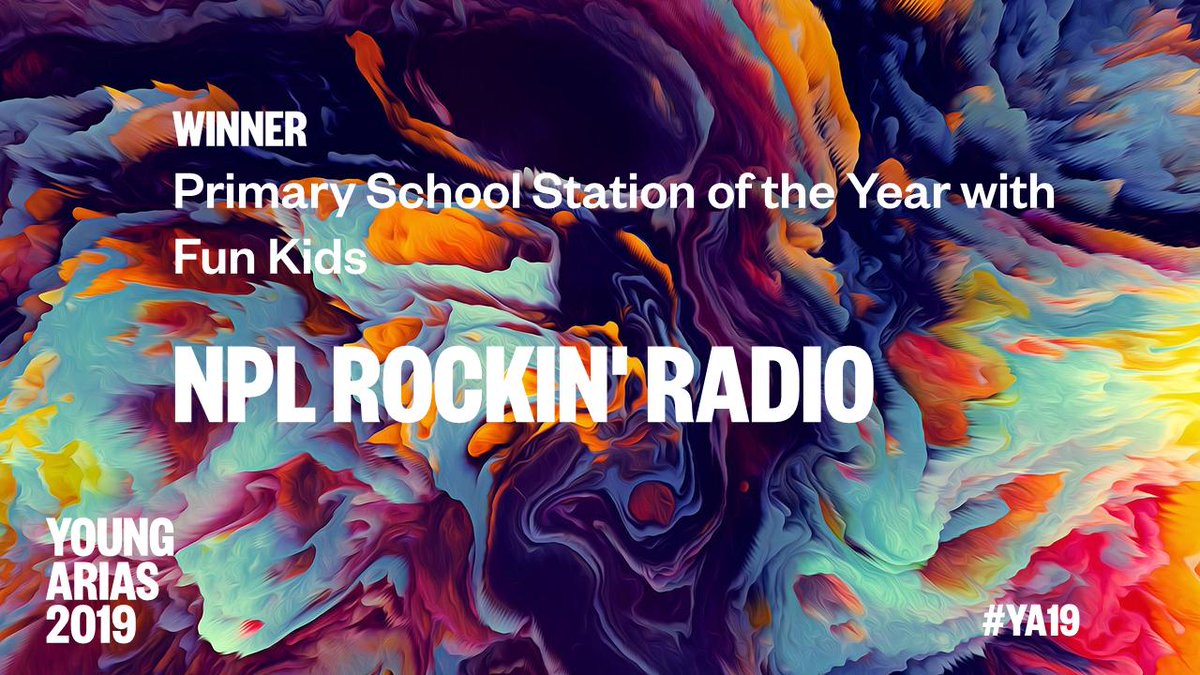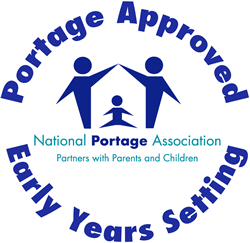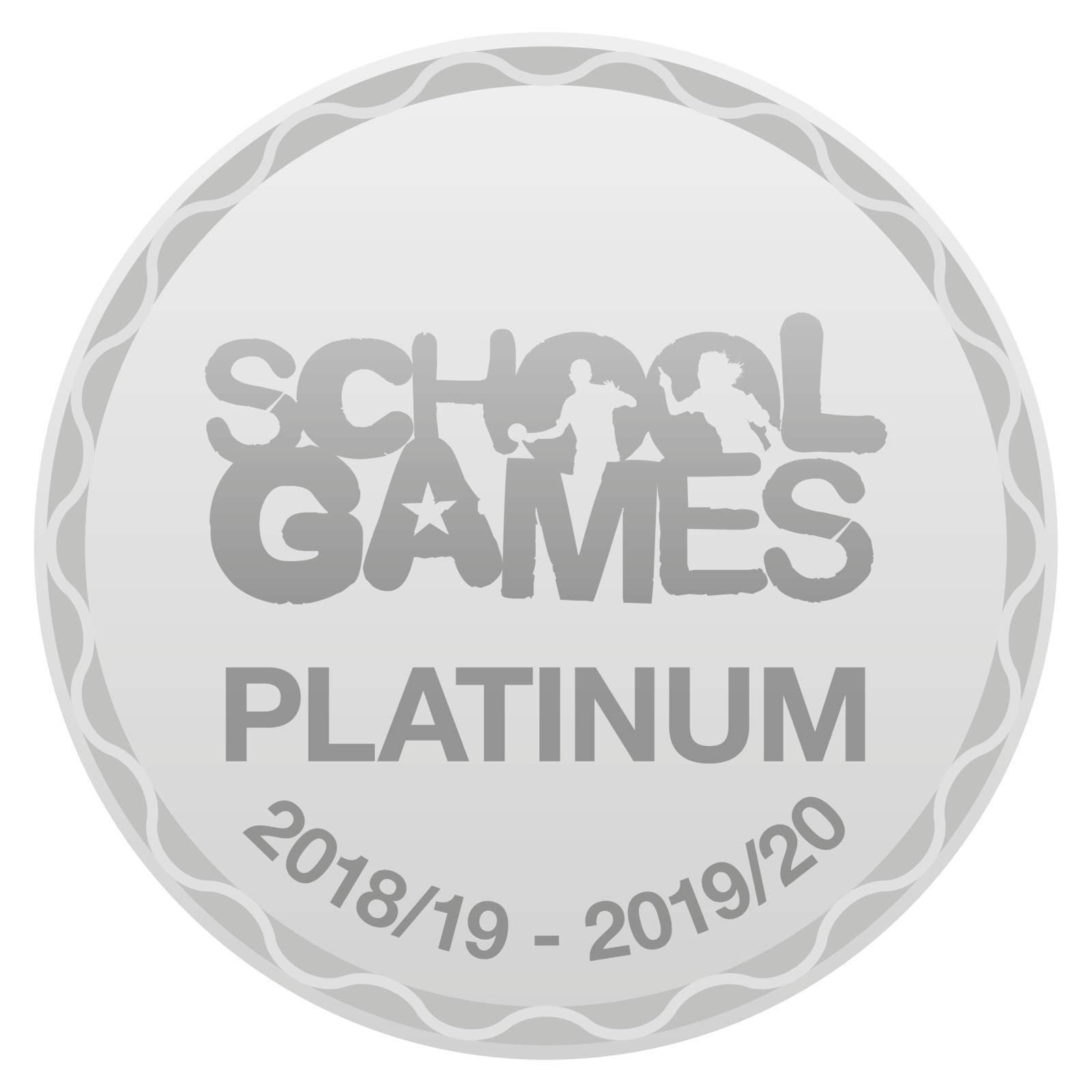Religion and Worldviews
Curriculum Lead - Mrs Spalding
At New Pasture Lane Primary school we teach Religion and Worldviews throughout the school. Our R.E. curriculum is organised to support the development of children’s knowledge of religious and non-religious beliefs and worldviews, practices and ways of life and enables children to make links between these.
The curriculum for R.E. aims to ensure that all children develop religious literacy through:
- Providing a broad and balanced R.E. curriculum rooted in the East Riding syllabus.
- Enabling children to develop knowledge and understanding of key beliefs, practices and traditions within Christianity and other principal world religions.
- Encouraging children to reflect on their own beliefs and values, promoting respect, tolerance and appreciation of diversity.
- Supporting children in developing the skills of enquiry, interpretation, reasoning, discussion and empathy.
- Ensuring R.E. contributes meaningfully to childrens personal development, spiritual growth and preparation for life in modern Britain.
In Key Stage One and Two we implement R.E. through weekly lessons, ensuring children have opportunity to develop skills and understanding in the area they are studying. We follow the P4C enquiry led approach, where they are encouraged to be critical, to analyse, to question, to discuss and evaluate their own learning. Quality resources, stories, artefacts and visual materials support teaching and bring beliefs and practices to life.
The inclusion of worldviews enables young people to connect with religion in a much more profound and inclusive way. Key Stage One study Christianity, Judaism. Lower Key Stage 2 study Christianity and Hinduism and Upper Key Stage Two study Christianity and Islam. Across school, Humanism is taught as a non-religious worldview.
The impact of our worldview approach enables children to explore and gain ownership of their own perspectives, then learn about religion and beliefs by connecting and contrasting them with their own way of seeing the world.
At New Pasture Lane, we are committed to providing our children with an exciting and positive learning environment, in which they have the opportunity to develop their knowledge and understanding of religions to support their spiritual, moral, social and cultural development. We encourage children's imagination and creativity and respect and tolerance of different faiths and beliefs. Assessment shows strong progress across the units, with children building secure and developing understanding as they move through school. Children are well prepared for further study in R.E. and for their role as thoughtful, reflective and responsible citizens.
At New Pasture Lane Primary School we have close links with Bridlington Priory Church and have regular visits and assemblies by Reverand Neil. We hold a number of whole school celebrations throughout the year including Harvest festival, Remembrance, Christingle, Christmas and Easter. We enjoy holding timetabled whole school and class assemblies, where we encourage the children to personally reflect on stories or themes.
Religious Education and Worldviews Curriculum Content and Progression
Long Term Plan
Text underneath your expanding block titles will be hidden until the user clicks the + icon to expand it.
Units of Learning
RE in EYFS Year 1/Year 2 Units of Learning Year 1/Year 2 SEND Units of Learning Year 3/Year 4 Units of Learning Year 3/Year 4 SEND Units of Learning Year 5/Year 6 Units of Learning Year 5/Year 6 SEND Units of Learning
To add more titles, just click the H4 icon




